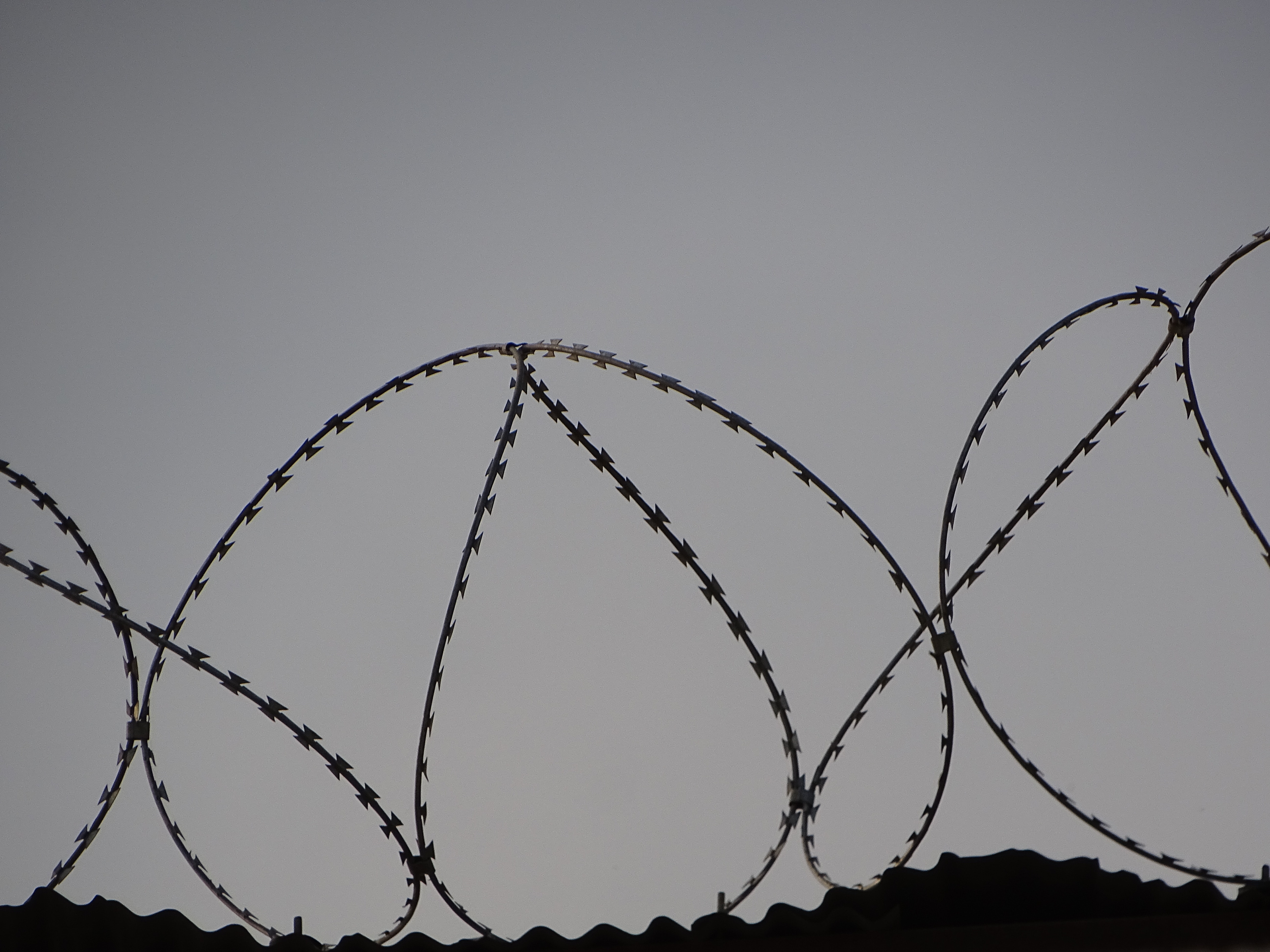
Every day in the U.S., one in five children are struggling with significant mental health issues. These diagnoses take many different forms— attention deficit disorder, depression and anxiety are among the most common— but all of them, left untreated, have the potential to cripple the opportunities of childhood. By only age eight, 14% of youth will have developed a mental, behavioral or developmental disorder; just over half of these children will receive the treatment they need. But unaddressed mental health issues increase the likelihood that treatable diseases will become chronic, leading to cycles of mental health struggles throughout adulthood; in fact, untreated mental health problems cost Americans billions each year in lost earnings. Even before reaching adulthood, youth with a mental health condition are at higher risks of developing co-occurring disorders, like substance abuse issues, and dropping out of school— grievously, suicide is the third-leading cause of death among Americans aged 10-14.


 In the middle of her third grade year,
In the middle of her third grade year, 


 Elizabeth’s baby was due in
Elizabeth’s baby was due in  Drug and alcohol use can cause tragedy across all members of society. Perhaps one of the most vulnerable groups is that of juveniles.
Drug and alcohol use can cause tragedy across all members of society. Perhaps one of the most vulnerable groups is that of juveniles.

